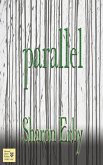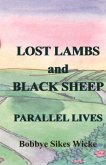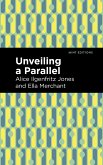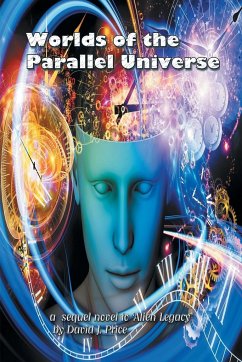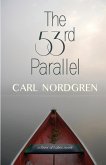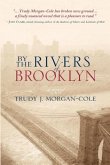Parallel Rivers is a collection of stories that were coaxed into existence from Kenyon's interest in seeing what fiction might learn from film, particularly the German, French, Italian, and Japanese cinema of the 70s. While Kenyon's fictions are often immersed in postmodern sensibilities, adding the rituals and techniques and experiments of film to the process changes some of the ground rules. The collection has two sections that run stylistically parallel to each other. The first section consists of short, often surreal or uncomfortable fictions; the second contains longer stories of larger, more realistic worlds. In the shorter fictions, each story creates its own world order, and presents hyper-utilizations of point of view, time shifts, and disconnected physical detail. Here you will find stories about construction buddies who are violently transformed by their marriages; a cold war incident that causes a Canadian circus in Russia to fragment and disintegrate; a political runner at a Ravi Shankar concert who must cope with death and detachment; and a surreal train that derails the purpose of a man dying. In the longer pieces considerably more tradition and familiarity are used. There's the story "Jane Hart's Airband" where the Tom Waitsian energy sweeps the reader along in a tale of music, quirky adventure, and character conjecture. Or in the memory lament "That Time in Palm Springs," that closes out the collection. Gone is the anarchy and randomness that purpose the earlier shorter pieces. Here the speaker, a man caring for his ancient father, efficiently gathers his memories around him and recounts in a controlled reliability those moments that may have shaped him. In Kenyon's fictions, the concept of memory as in our narrator's case may not be reliable nor may his life have been lived as he suggests, and his immersion in movies and television might create enough distrust that the reader can easily be left unsure. These fictions exist as dreams exist, yet within this framework truth is revealed and the full play of language exercised.
Hinweis: Dieser Artikel kann nur an eine deutsche Lieferadresse ausgeliefert werden.
Hinweis: Dieser Artikel kann nur an eine deutsche Lieferadresse ausgeliefert werden.


